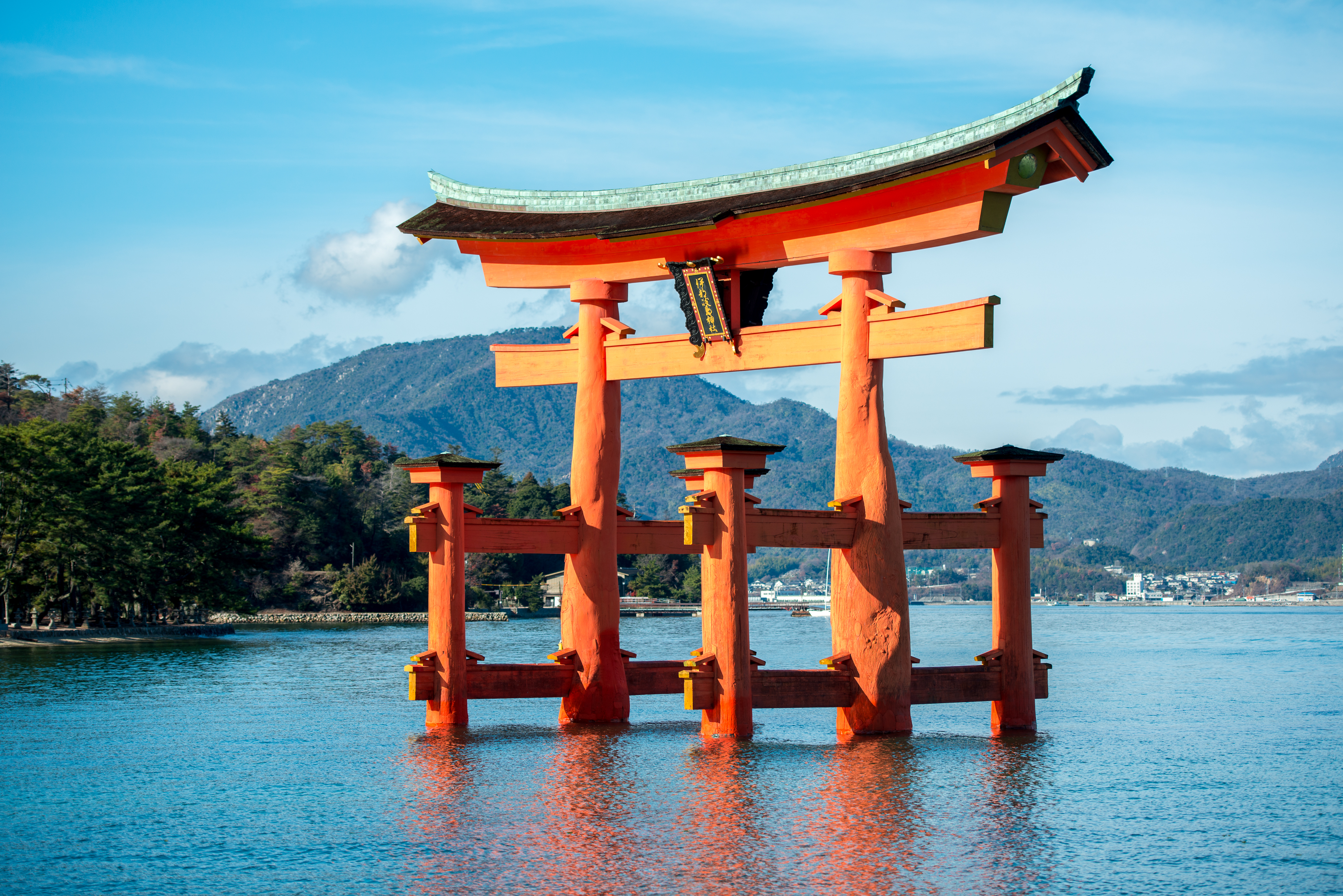|
Heijō Shrine
was a Shinto shrine in Pyongyang, Korea during the Japanese colonial period. It was established in 1913 and destroyed in 1945. Its name derived from the Japanese name for Pyongyang during its occupation of Korea. The shrine's main annual festival was held on October 2. It was formerly a national shrine of the third rank (国幣小社, '' kokuhei-shōsha'') in the Modern system of ranked Shinto Shrines. The shrine was destroyed on August 16, 1945: just after Japan first announced its surrender in World War II. That day, local Koreans set fire to the shrine and destroyed it. Hundreds of similar cases arose throughout the peninsula in the following week. In modern times, the site is a park, with a statue of Kim Il Sung Kim Il Sung (born Kim Song Ju; 15 April 1912 – 8 July 1994) was a North Korean politician and the founder of North Korea, which he led as its first Supreme Leader (North Korean title), supreme leader from North Korea#Founding, its establishm ... built at t ... [...More Info...] [...Related Items...] OR: [Wikipedia] [Google] [Baidu] |
Shinto
, also called Shintoism, is a religion originating in Japan. Classified as an East Asian religions, East Asian religion by Religious studies, scholars of religion, it is often regarded by its practitioners as Japan's indigenous religion and as a nature religion. Scholars sometimes call its practitioners ''Shintoists'', although adherents rarely use that term themselves. With no central authority in control of Shinto, there is much diversity of belief and practice evident among practitioners. A polytheism, polytheistic and animism, animistic religion, Shinto revolves around supernatural entities called the (神). The are believed to inhabit all things, including forces of nature and prominent landscape locations. The are worshipped at household shrines, family shrines, and Shinto shrine, ''jinja'' public shrines. The latter are staffed by priests, known as , who oversee offerings of food and drink to the specific enshrined at that location. This is done to cultivate harmony ... [...More Info...] [...Related Items...] OR: [Wikipedia] [Google] [Baidu] |
